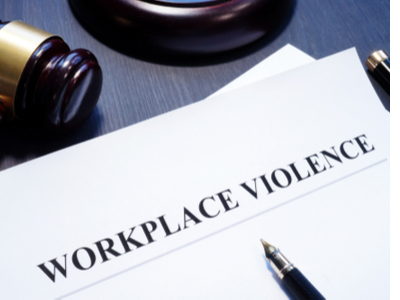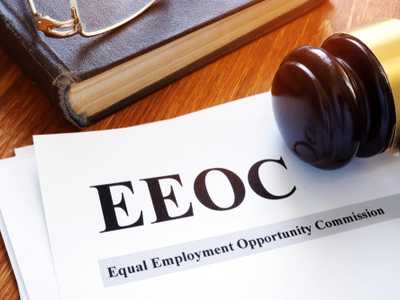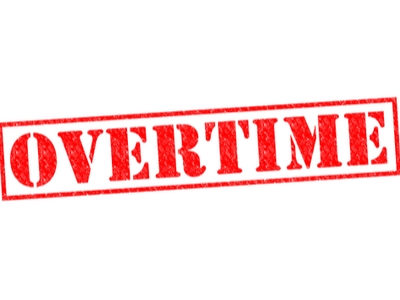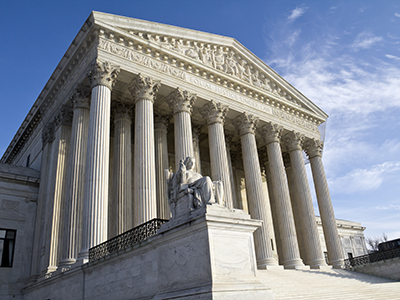This week, the United States Department Labor (“DOL”) is conducting its first listening session on the white collar exemptions under the Fair Labor Standards Act (“FLSA”)—more commonly known as the “overtime rule.” Several additional listening sessions will take place later this month. The sessions are expected to focus on public opinion regarding changing the current minimum salary level for exempt employees from its current level of $455 per week ($23,660 annually). There is no fee to attend a session, but registration is required here.
These sessions are just the latest in the ongoing saga over revisions to the overtime rule that began two years ago in September 2016, when twenty-two states and dozens of business groups challenged the Obama administration’s overtime regulation revisions that were finalized earlier that year. The new rule was set to implement several changes, most notably raising the minimum salary level for exempt employees to $913 per week ($47,476 annually), effective December 1, 2016. Before the new rule could take effect, the Texas federal judge hearing the case issued a nationwide injunction preventing the DOL from implementing and enforcing it, based partially on a holding that the new rule exceeded Congress’s delegation of authority to the DOL. The Obama administration appealed, and after requesting additional time to respond, the Trump administration decided to uphold the position that the DOL had the authority to revise the applicable salary level. However, in July 2017, the DOL also issued a Request for Information (“RFI”) on the overtime rule, asking for the public to submit comments by the end of September. The following month, the district court judge granted the states’ and business groups’ motions for summary judgment, invalidating the regulation. The DOL decided to dismiss its appeal and instead to pursue its own regulatory rulemaking process.
The RFI asked broad ranging questions related not only to the salary level, but to other exemption-related requirements, such as the duties test. It elicited over 140,000 public comments, including from major representative and advocacy organizations such as the United States Chamber of Commerce and Independent Sector (representing the nonprofit sector). The Chamber opposed only an “excessive increase,” suggesting that based on data from the Bureau of Labor Statistics, a more modest increase to a minimum salary of $612 per week ($31,824 annualized) was more appropriate. The Chamber also expressed its opposition to any change to the duties test. The Independent Sector highlighted the heavy financial burden the proposed increase would bring to the already-financially-strained nonprofit/charitable organizations nationwide. It suggested that any change be phased in to permit organizations time to adapt, and also expressed concern that any potential change to the duties test would “significantly impact the operations of charitable organizations,” asking that any change be considered through a formal rulemaking process allowing the public time to comment and review.
Last week’s announcement on the listening sessions offered our first glimpse into the DOL’s rulemaking process since the RFI period closed last year. Notably, the agenda questions focus exclusively on the salary test—a much narrower set of questions than those posed in the RFI. Listening Session participants are asked to focus on the four following issues: (1) “the appropriate salary level (or range of salary levels) above which the overtime exemptions for bona fide executive, administrative, or professional employees may apply”; (2) “[w]hat benefits and costs to employees and employers might accompany an increased salary level”; (3) “the best methodology to determine an updated salary level”; and (4) whether the DOL should “more regularly update the standard salary level and the total-annual-compensation level for highly compensated employees.” Noticeably absent is any indication that DOL is considering automatic inflationary updating to the salary level test. This reverts back to the position in the Bush DOL that the Department did not have statutory authority to implement automatic updating. In any event, this suggests that the DOL is shying away from changes to the duties test or other more expansive revisions as the formal rulemaking process rarely expands beyond the scope of the informal information gathering. The answer will have to wait until the Notice of Proposed Rulemaking is released, which is expected in January, at the earliest.










